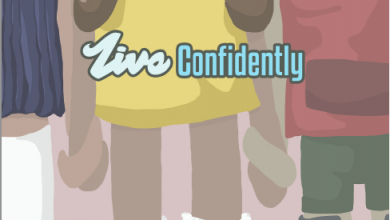Last week, I was at a conference talking to a former educator whose wife still teaches.
He told me a story of how a parent called his wife to report that their child is being bullied. The teacher was frustrated by dealing with this vague claim in addition to her end of the year workload.
We started talking: what was this teacher’s process going to be to deal with this claim? In addition to the time spent to call that parent back, the parent was also requesting a conference with an administrator. This teacher is in for at least 2 hours of time she does not have to only determine if the claim is substantiated. If the claim of bullying is substantiated, this is not enough information for an administrator to take action with
But let’s back up here and clarify what behaviors that teacher is looking for. For example, what even is bullying? As I came to find out, it’s a broad and unclear concept.
Looking at Bullying.org, we see the following answers to the question of what bullying is:
• physical violence and attacks
• verbal taunts, name-calling and put-downs
• threats and intimidation
• extortion or stealing of money and possessions
• exclusion from the peer group
• school playground bullying
• sexual harassment
• gang attacks
• date violence
• assault
This is a broad set of behaviors and determining if any one of those behaviors took place would require a unique style of investigation, taking an enormous amount of time and resources away from other students and from the educator’s primary job: teaching.
As a member of a team dedicated to saving educators time while improving outcomes through refinement of communication workflows, the idea that dealing with this issue is a common concern for educators is difficult to grasp. Here’s to hoping educators find communication platforms like FightSong and can support students (and their parents) with their concerns in a much more reasonable workflow.




